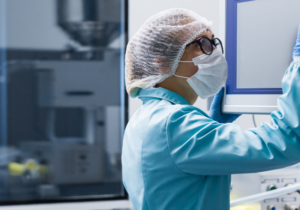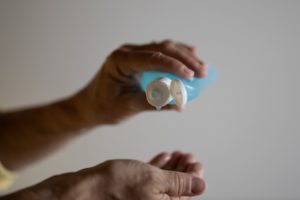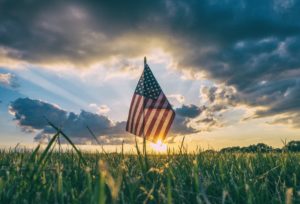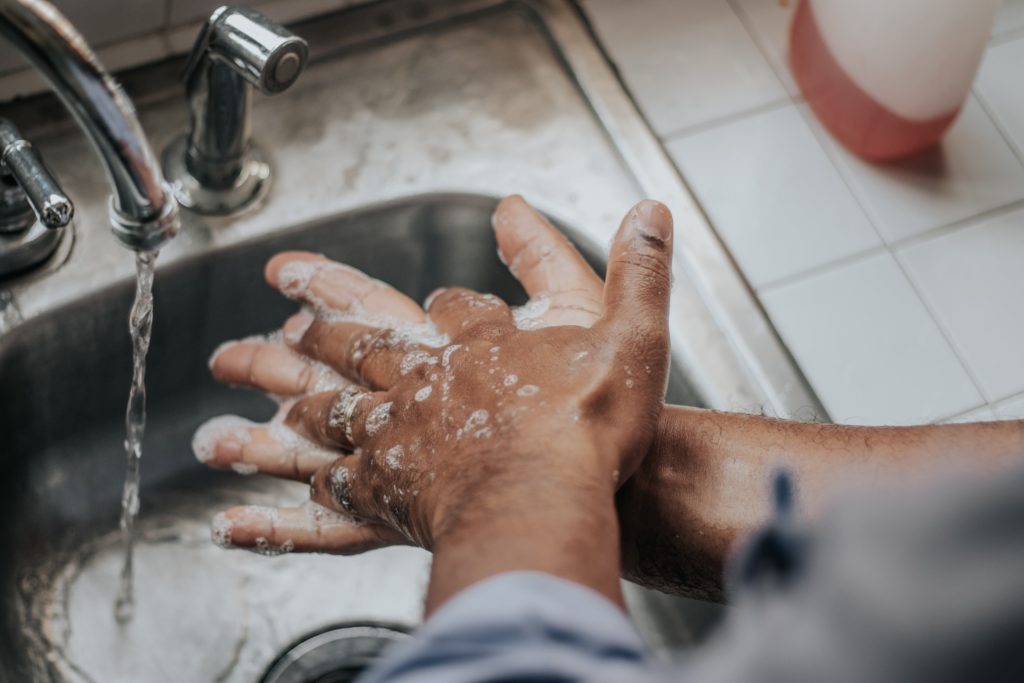
Blog
Consumers Respond to Fourteen Weeks of COVID-19 Changes
After three months of weathering COVID-19, small pieces of normalcy are returning, as many states and cities begin — or continue — their reopening plans. And yet, nothing is the same, with routine trips to the grocery store requiring masks, Zoom meetings instead of conference rooms and a hesitancy to shake hands with even our closest friends.
Fourteen weeks into the coronavirus pandemic devastating the United States, the Consumer Brands Association conducted its tenth COVID-19 consumer survey, asking 1,006 American adults about their opinions on the coronavirus and its effect on the country. Since the pandemic began, the only constant has been change. Now, as other issues begin to eclipse the coverage of the pandemic, how does the nation feel and what do they think is coming?
Panic buying has seemingly settled, with more consumers seeing increased availability of the products they depend on. Seventy-nine percent of respondents have noticed more restocks and availability of products like cleaning supplies, shelf-stable food, over-the-counter medicine and hand sanitizer, and 57 percent think it will be even easier to find high demand products in the next month. But despite the increased availability, access concerns rose across all but one category. Though much lower than its peak, concerns over food and beverage products, personal care items and over-the-counter medicines all saw a slight increase, following unrest and uncertainty around the country. Concerns over finding household cleaning products remained stable as CPG manufacturers work overtime to restock essential products.
Trust in the consumer packaged goods industry has also continued to rise — 46 percent said the pandemic has increased their trust in the CPG industry — up from 37 percent just six weeks ago. Interestingly, the same number of Americans (46%) reported maintained levels of trust.
When asked what actions by companies have the greatest positive impact on trust during the COVID-19 pandemic, 33 percent agreed that ensuring the consistent delivery of high-demand products to protect against the virus took the number one spot. Another 28 percent said that treating essential employees fairly had the greatest impact, followed by keeping the cost of products the same (16%), giving back to communities and people in need (15%) and sharing information with consumers (8%).
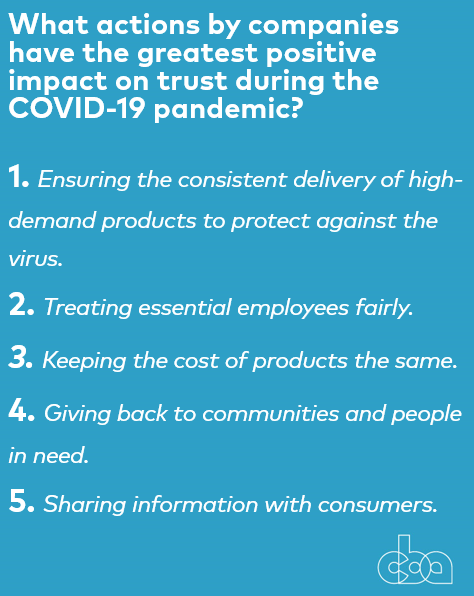
Though life may be returning to normal, concern about the virus is still high. Eighty-seven percent of Americans are concerned about the virus generally, with the highest level of concern holding steady from four weeks ago (58%). Optimism is still on the rise, after good news in the race for a vaccine — 76 percent said they are optimistic about the next 6 months and the United States’ ability to find a treatment or vaccine, reopen the economy and resume normal activities.
The biggest change from the past four weeks hasn’t come from the virus itself, but in the form of protests over racial injustice in response to the death of George Floyd. As news channels switch to dedicated coverage of the Black Lives Matter movement, 37 percent of respondents said they were less concerned about COVID-19 as a result. Though the protests have clearly grabbed the attention of the nation, Americans haven’t forgotten about the COVID-19 threat: 78 percent of Americans are concerned the recent protests and gatherings will cause an uptick in confirmed coronavirus cases.
Brand activism is welcome, according to a clear majority of respondents (68%) who felt that companies and brands should be using their platforms to engage in social justice issues, like the protests. Many CPG brands have gotten involved — listening and using their voice to directly engage in the fight against systemic racism and injustice. Procter & Gamble committed an initial $5 million to support organizations that fight for justice and advance economic opportunity, including the NAACP Legal Defense and Education Fund, YWCA Stand Against Racism and the United Negro College Fund. Kellogg Company is also committing an additional $1 million to the NAACP, and has been a longstanding partner and sponsor of the organization’s Law Fellow Program since its inception in 2003. Coca-Cola announced $2.5 million in grants for the Equal Justice Initiative, NAACP Legal Defense Fund and the National Center for Civil and Human Rights, as well as matching employee contributions to 100 Black Men of America and the National CARES Mentoring Movement.
These examples, joined with other efforts across the industry, ladder into what will hopefully be a new beginning for a country that needs it. In every way, America looks different than it did at the beginning of the year. While we are keen to return to normalcy in many ways, we also are desperate for change. As this week’s survey shows, we are poised to realize both.
Visit Consumer Brands’ Twitter profile to stay up-to-date about what CPG companies are doing to combat racism and support social justice in the United States.
Published on June 5, 2020


